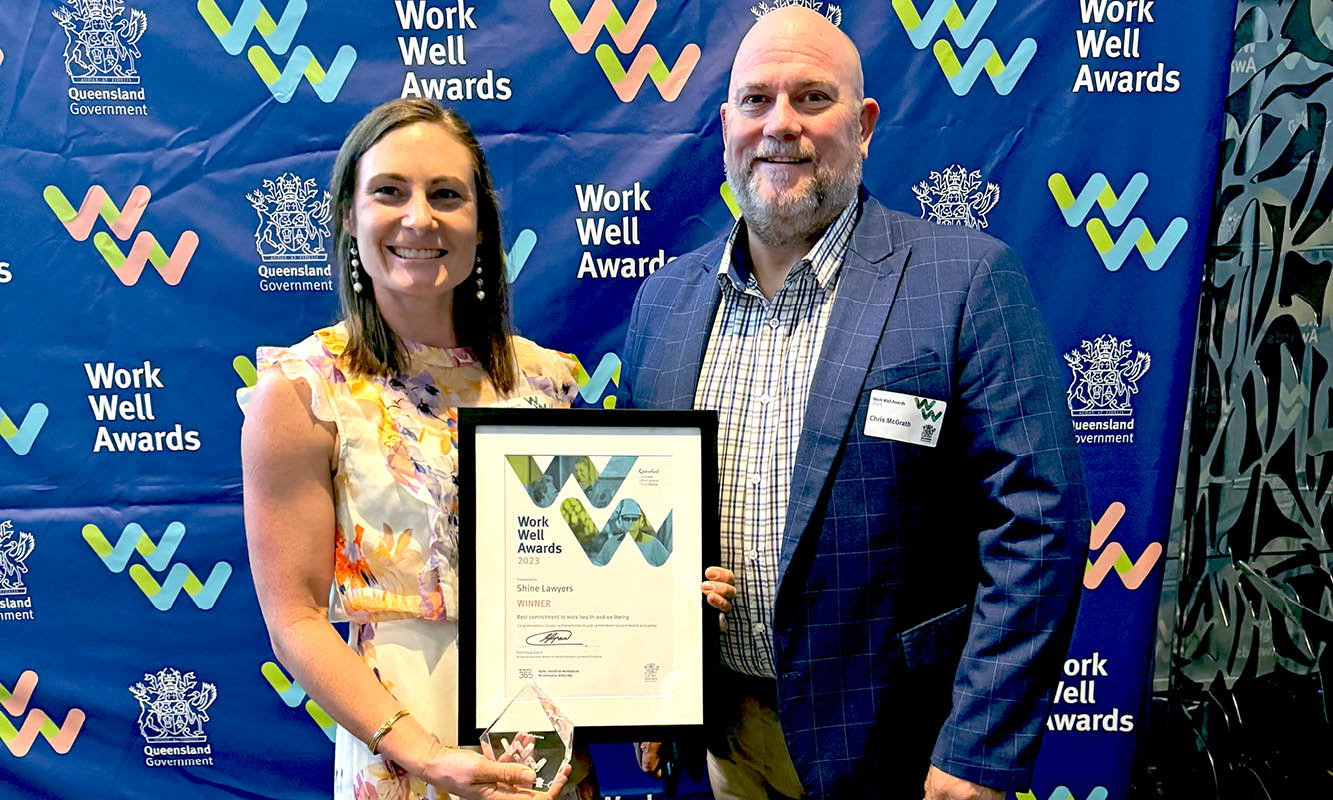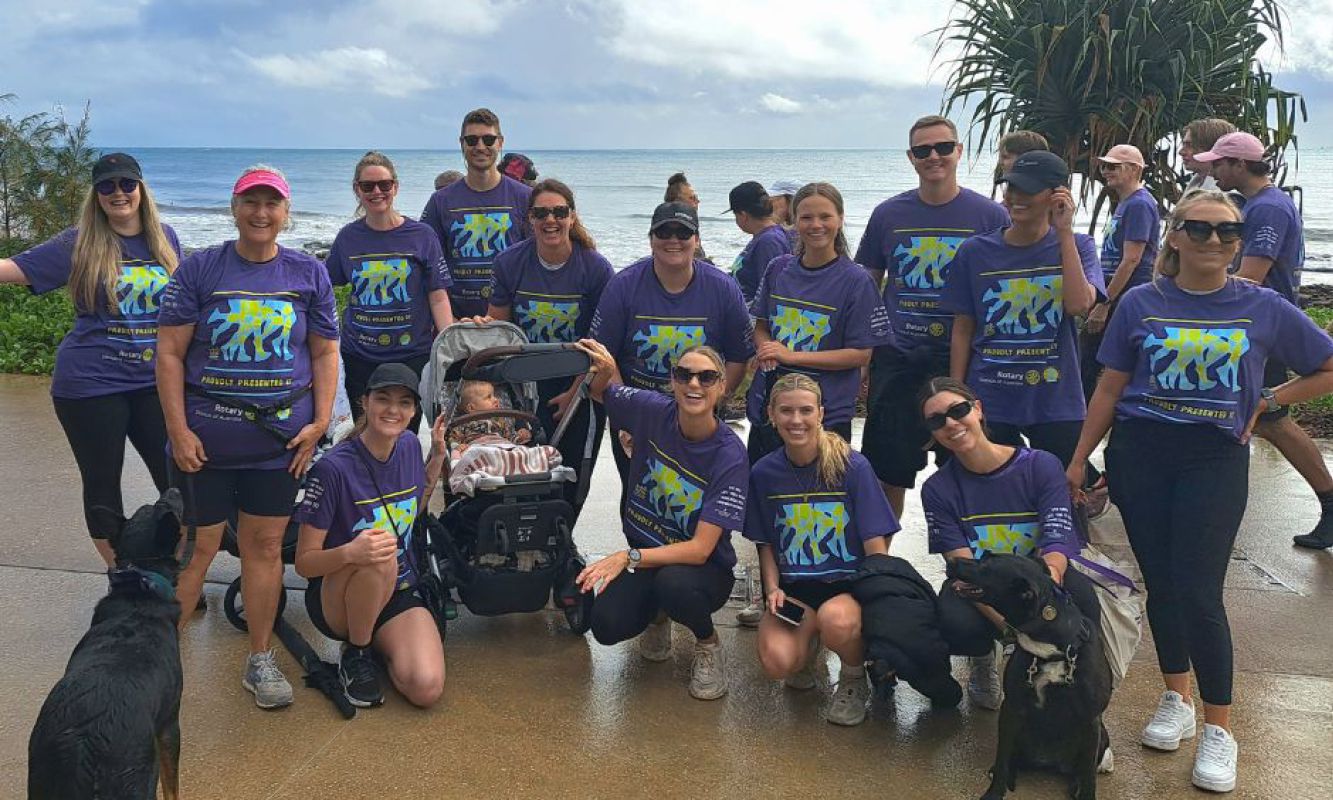As we may know from personal experience, a simple question like “How are you, really?” can make a big difference if you are feeling upset, overwhelmed, lonely, or struggling with difficulties at work or at home. Being asked if we are ok means we are being seen by someone else; someone notices us and deliberately reaches out to us. We all know this, and we intuitively understand the value of a basic human connection and the difference it can make to be seen and heard.
And yet, in many situations we tend to hold ourselves back from asking, even when we notice that a colleague, team member, client, friend or relative doesn’t seem to be their usual self. They may be preoccupied with something, are looking worried or despondent, or their work performance suddenly takes a drop.
What’s keeping us back from checking in with them? When asked, many people indicate a sense of awkwardness, feeling uncomfortable about what may be seen as “meddling” in other people’s affairs, or being concerned about a lack of knowledge or training in this area. We seem to forget that asking someone if they are ok doesn’t require special expertise, and that a friendly, caring question usually is unlikely to be perceived as intrusive or overstepping a mark.
Here are a few tips and ideas to have a meaningful conversation that could make a big difference to someone going through a challenging time or dealing with mental health issues:
- Trust your gut feeling. If you have a feeling that something in your colleague’s, friend’s or client’s behaviour is “off”, you are probably right. Low levels of psychological wellbeing and mental health often lead to changes in behaviour, physical appearance, thinking patterns and emotional expression. For example, a person may not engage in activities that previously brought them joy, or someone who usually prides themselves in an impeccable appearance starts looking slightly dishevelled, or they may withdraw socially, get behind with work, come in late, look distressed and teary, or suddenly erupt in an angry outburst… If these behaviours strike you as out of character or worrisome, this is a warning sign. Don’t ignore this feeling.
- Pick a good time to check in. Find a moment that offers privacy and sufficient time for a potential conversation to unfold. As much as it is important to choose a time that suits the other person, also make sure that you are emotionally and mentally ready and not pressured by time so you are able to fully engage with them.
- Just ask. Questions like “How are you going?” or “We have not had an opportunity to talk for a while; what’s been happening to you lately?” can be a good opener. Alternatives are “You seem very quiet lately. How are you going?”, or “I haven’t heard you laugh in a while. Is everything ok?”. There is no fixed script to make a connection – it’s best to just be authentic and genuine.
- Accept if they are not ready to talk (yet). It is possible that the first answer to any of the above questions is a variation of ‘I’m fine, thanks”. You will be the best judge to decide whether to either gently probe again, showing that you really care and are offering an exchange that goes beyond usual pleasantries – or if their tone and body language indicates that they do not want to take it any further at this point, stop and perhaps try at a later stage. In these situations, you can indicate that you are available to talk whenever they are ready, e.g. “Please call me if you ever want to chat.”
- Let them take the lead. Let the other person open up at their own speed – don’t rush the conversation or jump to conclusions. Take them seriously and don’t try to minimise or deny any problems or worries they may tell you about, even if they sound minor, irrelevant or easily solvable to you. You can gently help them along by asking open questions to explore the issue, but accept if they do not want to go into more detail or provide an answer to a particular question. Keep in mind that your role is to listen more than speak. And while you do not have to agree with everything they are saying, it is important to show empathy and to refrain from making any judgements.
- It’s not about having a solution ready. Instead, it’s about being there and really listening non-judgmentally – and that can be more difficult than it sounds. It may be a natural inclination for you (as a practitioner) to try and help by presenting the other person with what you believe is a logical and useful solution, but just because it sounds like a good strategy to you does not always mean it’s helpful for them. Check in with yourself: are you trying to “fix things” to make yourself feel better and less uncomfortable in the situation?
It is harder – but can be a lot more helpful and meaningful for the other person – to offer emotional support by allowing them to share their concerns or pain. Your role is to create a safe space and to accept that there may not be an immediate or easy solution. Remember that giving someone your full attention and really listening to what they say is one of the most valuable gifts you can offer someone.
- Encourage action. The conversation you are just having may be the first and crucial step to improving the situation, but it probably won’t solve their problem or restore low levels of psychological wellbeing. Encourage them to take further action and seek help if necessary. Depending on the nature, seriousness and complexity of the issue you have discussed, useful prompts could include “what have you done in the past to manage similar situations?”, “What’s something you can do for yourself right now – something enjoyable or relaxing?” or “How would you like me to support you?”. You may also want to encourage them to consult a trusted friend / family member or to speak to their GP or psychologist. Additionally, you may be able to offer your help to connect them with the right person or service.
- Follow up. Stay in touch and check in with the person again, for example with a phone call or face-to-face chat in a week’s time. If you are concerned, follow up with them sooner.
- Look after yourself. Keep in mind that although you can offer support, you are not responsible for the actions or behaviours of someone else, and you cannot control what they might decide to do. Do not hesitate to reach out if you are unsure what to do, if you feel overwhelmed by the other person’s story, or if you’d like to get another perspective on things. As a member of QLS, you can access LawCare to obtain free, professional, confidential and personalised support, counselling and trauma assistance. They also provide online resources via their online portal which is free to members.
In partnership with the Bar Association of Queensland, we also offer members free access to the ‘Minds Count Lecture‘. An emotional and powerful story from Donna Thistlethwaite about how life can be good after the darkest of days.
If you would like to learn more, have a look at the practical resources on the R U OK website, and don’t hesitate to reach out to the QLS Solicitor Support service on ethics@qls.com.au or p. 3842 5843 to speak to someone in a judgement-free and supportive environment.














Share this article